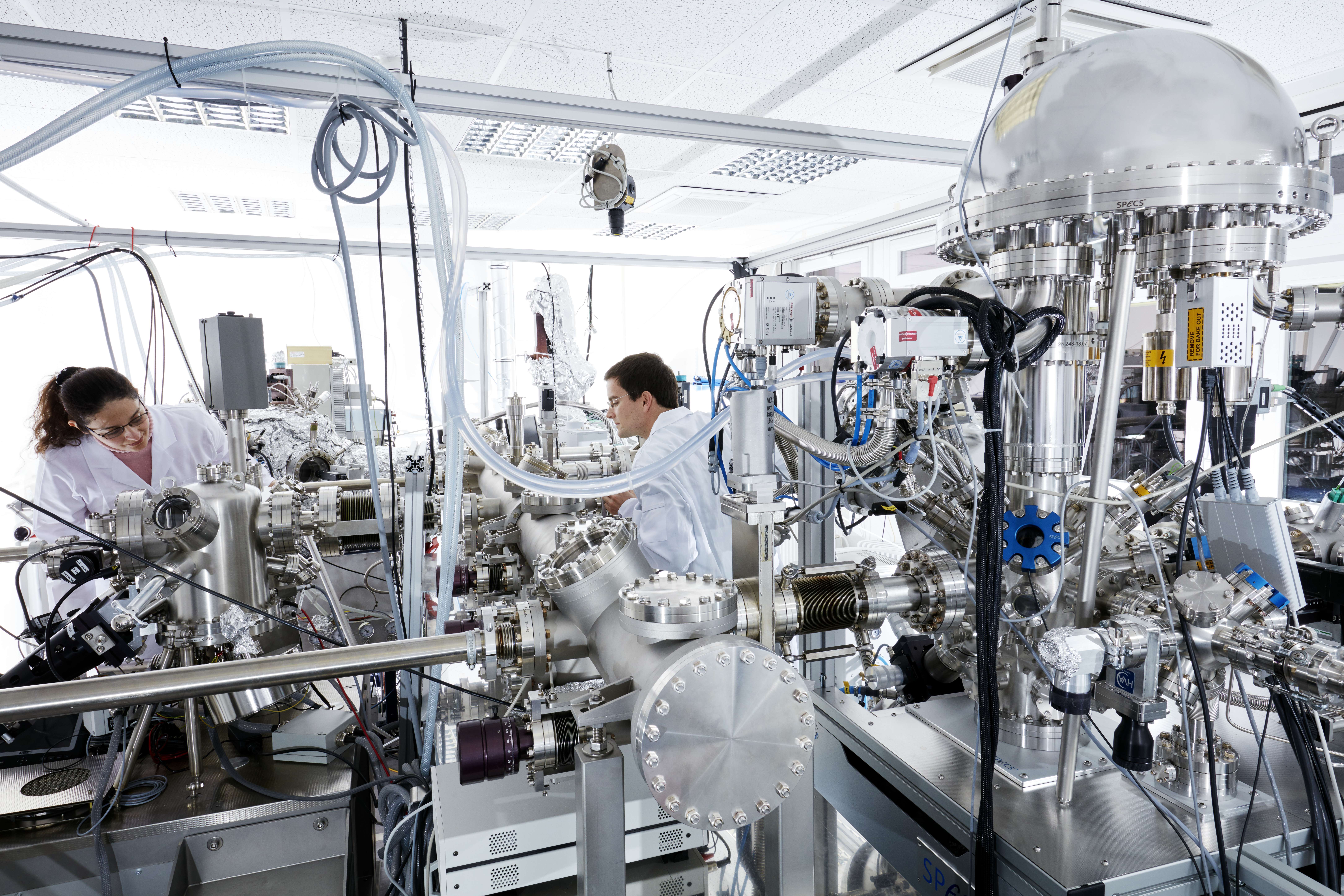‘Multi-Digi-Mat - ultra-fast material qualification’ project launched
The ‘Multi-Digi-Mat’ project (experiment-based, multiscale, digital material development of aluminium alloys) uses artificial intelligence to develop new aluminium alloys faster and more precisely. This is intended to improve the prediction of material properties and accelerate the digital development of new innovative materials.
Aluminium materials are essential in various industries, from mobility to electronics, due to their low weight and high strength. The increasing demands placed on these materials require continuous further development, which has so far been associated with a great deal of experimental effort. The ‘Multi-Digi-Mat’ project by DESY, Fehrmann Materials and Fehrmann Materials X aims to gain a deeper understanding of the internal relationships in aluminium alloys by combining experiments and material informatics. This should enable a faster and more precise prediction of material properties and accelerate the digital development of new innovative materials.
Need and relevance for the industry
The rapid development of new aluminium alloys is crucial for many industries in order to meet the increasing requirements for lightweight materials. The high development costs have so far made it difficult to introduce new alloys. A tool that reduces both time and costs is therefore of great interest to numerous branches of industry such as the automotive, aerospace, mechanical engineering and electronics industries.
Innovative progress compared to the state of the art
The innovative approach of ‘Multi-Digi-Mat’ comprises a multi-scale analysis from the atomic level to the finished component. Using artificial intelligence (AI) and machine learning, experimental data is combined with simulations to develop a unique analysis system. This will enable unprecedented data-driven material development, leading to more accurate and efficient predictions.
The project focuses on the development of aluminium alloys with improved strength and increased corrosion resistance. The project partner Fehrmann Materials produces the alloys and carries out fundamental characterisations. DESY uses high-energy X-ray diffraction in combination with correlative microscopy to enable a detailed analysis of surface and volume properties. The data is collated in a unique matrix by Fehrmann Materials X.
Aims of the ‘Multi-Digi-Mat’ project
The main objective of the project is to establish an experiment-based, digital development platform for new aluminium alloys. This should:
- Improve the prediction accuracy of material properties.
- Gain new insights into the relationships between microstructure and material properties.
- Create a universally applicable development matrix that can also be transferred to other materials.
- To significantly shorten the development time of new materials.
The methods and infrastructures developed as part of the project are to be utilised for further research and industrial projects in the long term and make an important contribution to sustainable material development.
The project is funded as part of a grant from the Wehrwissenschaftliches Institut für Werk- und Betriebsstoffe from 27 December 2024 to 30 October 2027.
published
- 2025/04/03
Press Contact
- innovation@desy.de


